Book Appointment Now
Weight Loss
How Does Ozempic Work for Weight Loss? A Comprehensive Guide
Ozempic (semaglutide) has gained significant attention as an effective aid for weight loss, even though it was originally developed to manage type 2 diabetes. Understanding how Ozempic facilitates weight loss can help individuals make informed decisions about its use.
Understanding Ozempic and Its Mechanism
Ozempic is a once-weekly injectable medication that mimics the action of a natural hormone called glucagon-like peptide-1 (GLP-1). GLP-1 is released in the gut in response to food intake and plays a crucial role in regulating blood sugar levels and appetite.
Key Actions of Ozempic:
-
Appetite Suppression: Ozempic interacts with brain receptors to enhance feelings of fullness, leading to reduced calorie intake.
-
Slowed Gastric Emptying: It delays the rate at which the stomach empties, prolonging the sensation of satiety after meals.
-
Blood Sugar Regulation: By stimulating insulin secretion and inhibiting glucagon release when blood sugar levels are high, Ozempic helps maintain glucose balance.
These combined effects contribute to weight loss by decreasing hunger and caloric consumption.
Clinical Evidence of Weight Loss
Clinical studies have demonstrated the efficacy of Ozempic in promoting weight loss:
-
In a 40-week study, participants using a 2 mg weekly dose of Ozempic lost an average of 14 lbs (6.4 kg).
-
Comparative studies have shown that Ozempic leads to greater weight loss than other diabetes medications like Trulicity and Bydureon.
It’s important to note that while Ozempic is not FDA-approved specifically for weight loss, its active ingredient, semaglutide, is approved under the brand name Wegovy for chronic weight management.
Considerations and Side Effects
While Ozempic can be an effective tool for weight loss, users should be aware of potential side effects:
-
Common Side Effects: Nausea, vomiting, diarrhea, and constipation are frequently reported.The Sun+1The Sun+1
-
Serious Risks: Rare cases of pancreatitis and kidney problems have been associated with GLP-1 receptor agonists.
-
“Ozempic Face”: Rapid weight loss may lead to a gaunt facial appearance, sometimes referred to as “Ozempic face.” The Sun
Consulting with a healthcare provider is essential to determine if Ozempic is appropriate for individual health needs and to monitor for adverse effects.
Showing all 16 results
-

Alli 60mg Hard Capsules 84
$60.00 -

Clenbuterol
$25.00 -
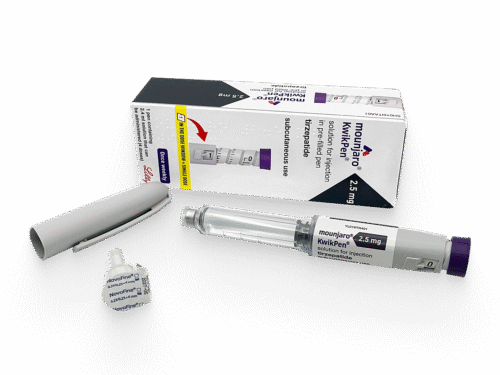
Mounjaro
Price range: $215.00 through $245.00Select options This product has multiple variants. The options may be chosen on the product page -
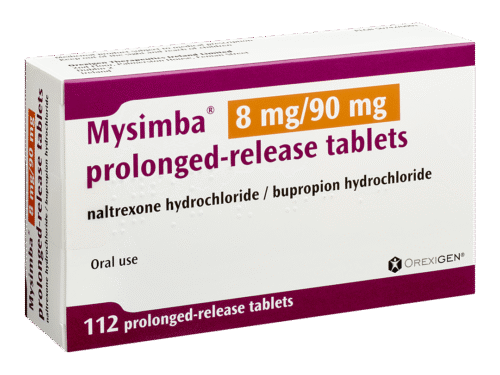
Mysimba 8/90 mg – 112 tablets
$115.00 -
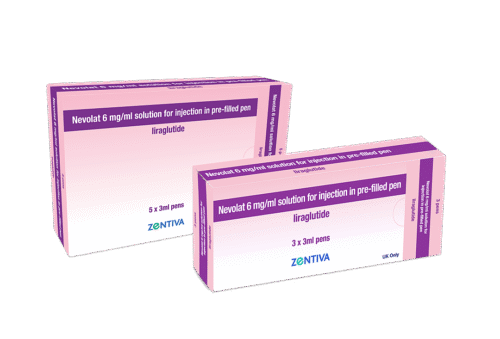
Nevolat
Price range: $175.00 through $205.00Select options This product has multiple variants. The options may be chosen on the product page -
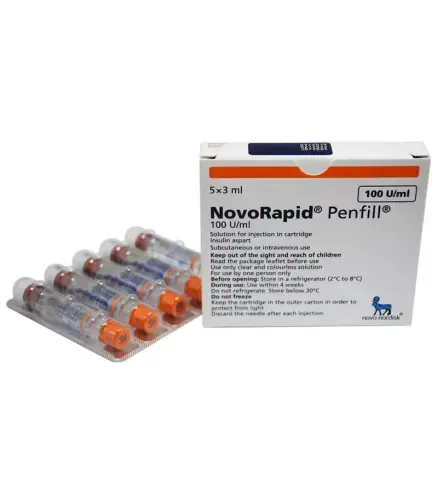
NovoRapid Penfill 10 X 3ml
$115.00 -
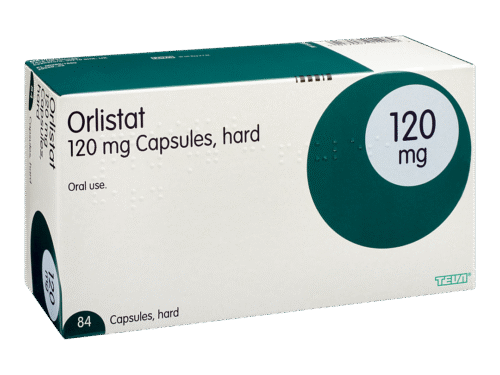
Orlistat
Price range: $55.00 through $145.00Select options This product has multiple variants. The options may be chosen on the product page -

Ozempic
Price range: $110.00 through $410.00Select options This product has multiple variants. The options may be chosen on the product page -
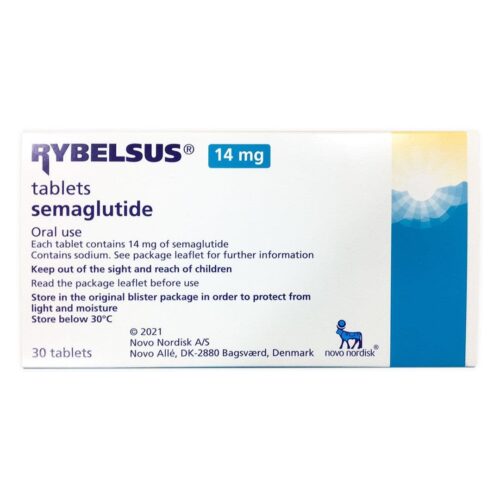
Rybelsus Tablets
Price range: $145.00 through $195.00Select options This product has multiple variants. The options may be chosen on the product page -
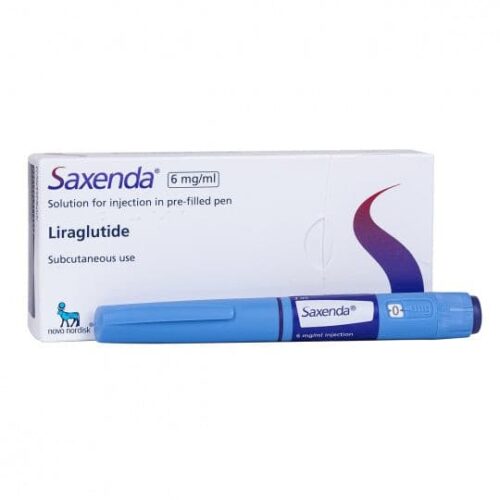
Saxenda 6mg/ml Injection Pen
Price range: $95.00 through $720.00Select options This product has multiple variants. The options may be chosen on the product page -

Semaglutide
Price range: $80.00 through $190.00Select options This product has multiple variants. The options may be chosen on the product page -

Trulicity
Price range: $255.00 through $450.00Select options This product has multiple variants. The options may be chosen on the product page -

Victoza Liraglutide
Price range: $245.00 through $700.00Select options This product has multiple variants. The options may be chosen on the product page -

Wegovy
Price range: $105.00 through $210.00Select options This product has multiple variants. The options may be chosen on the product page -
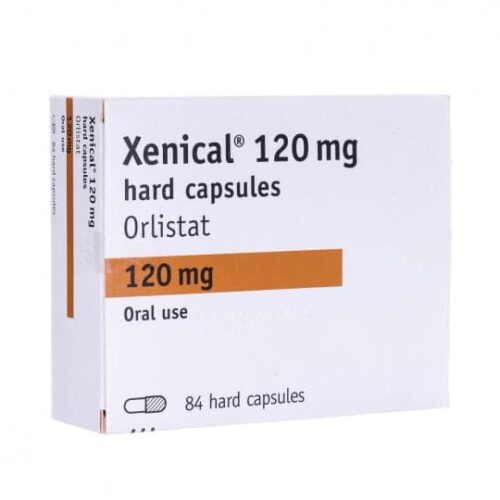
Xenical Orlistat 120mg Capsules
Price range: $55.00 through $135.00Select options This product has multiple variants. The options may be chosen on the product page -

XLS-Medical Max Strength
Price range: $45.00 through $85.00Select options This product has multiple variants. The options may be chosen on the product page
